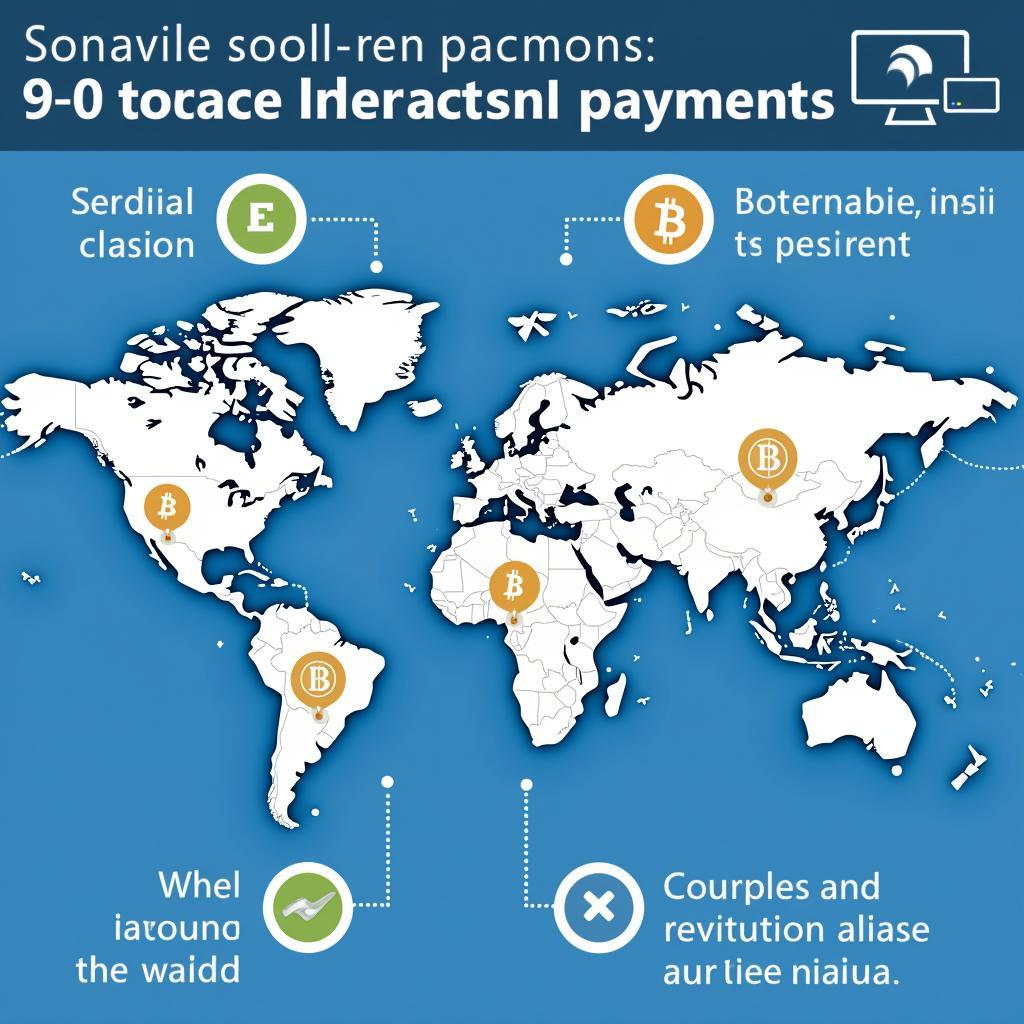The topic of digital currencies and cross-border payments has become increasingly prevalent in IELTS Writing Task 2 examinations. Based on recent test reports and analysis from leading IELTS preparation websites, questions about digital financial technologies have appeared in approximately 15% of tests over the past two years, with a predicted increase in frequency for 2024-2025.
For a comprehensive understanding of Cryptocurrencies and the future of money, let’s examine a recent IELTS task 2 question:
Some people believe that digital currencies will eventually replace traditional banking systems for international payments. To what extent do you agree or disagree with this statement?
Essay Analysis
This question requires candidates to express their opinion about the future role of digital currencies in international payments. It’s essential to discuss both advantages and disadvantages while maintaining a clear position throughout the essay.
Sample Essay 1 (Band 8.0)
The rapid advancement of digital technologies has sparked debate about whether cryptocurrencies and other digital payment solutions will supersede conventional banking systems for cross-border transactions. While I largely agree with this prediction, I believe the transition will be gradual and traditional banking will retain some relevance.
Digital currencies offer several compelling advantages that make them superior to traditional banking for international transfers. Firstly, they enable near-instantaneous transactions across borders without intermediary banks, significantly reducing processing times and costs. For instance, how digital currency improves cross-border payments is evident in remittance services, where transfer fees can be reduced by up to 90%. Secondly, blockchain technology ensures transparency and security, minimizing the risk of fraud and errors.
However, certain challenges must be addressed before digital currencies can completely dominate international payments. The primary concern relates to should governments regulate cryptocurrencies, as lack of proper oversight could lead to financial instability. Additionally, technological infrastructure and digital literacy vary significantly across countries, potentially creating a digital divide in access to these services.

Despite these challenges, I believe digital currencies will eventually become the primary method for international payments, though not entirely replacing traditional banking. This transformation will likely occur as regulatory frameworks mature and technological adoption increases globally. Traditional banks will likely adapt by incorporating digital currency services while maintaining some conventional functions.
Sample Essay 2 (Band 6.5)
These days, many people think digital currencies will replace normal banks for sending money between countries. I partly agree with this idea because digital currencies have both good and bad points.
On the positive side, digital money makes it easier to send payments to other countries. It is faster than normal banks and costs less money to send. Also, people can send money any time they want, even on holidays. This helps business people and workers who need to send money to their families in other countries.
However, there are some problems with digital currencies. Many people don’t trust them because they are new and some people have lost money in crypto scams. Also, old people and people in villages might find it hard to use digital currency because they don’t know how to use computers well.
I think in the future, both digital currencies and normal banks will be used together. Digital currencies will become more popular, but some people will still want to use traditional banks. The best solution is to have both systems working together to help people send money easily.
Scoring Analysis
Band 8.0 Essay:
- Task Response: Clear position, well-developed arguments
- Coherence and Cohesion: Logical organization, effective paragraphing
- Lexical Resource: Sophisticated vocabulary use
- Grammatical Range: Complex structures, minimal errors
Band 6.5 Essay:
- Task Response: Clear but simpler arguments
- Coherence and Cohesion: Basic organization
- Lexical Resource: Limited but adequate vocabulary
- Grammatical Range: Mix of simple and complex sentences
Key Vocabulary
- Cross-border transactions (n) /krɒs ˈbɔːdə trænsˈækʃnz/ – International money transfers
- Remittance services (n) /rɪˈmɪtns ˈsɜːvɪsɪz/ – Services for sending money abroad
- Blockchain technology (n) /ˈblɒktʃeɪn tekˈnɒlədʒi/ – Decentralized digital ledger
- Digital literacy (n) /ˈdɪdʒɪtl ˈlɪtərəsi/ – Ability to use digital technologies
- Regulatory framework (n) /ˈregjʊləteri ˈfreɪmwɜːk/ – System of regulations and rules
For additional insights, consider exploring the pros and cons of implementing a global digital currency and practicing with similar topics. Share your practice essays in the comments for feedback and improvement suggestions.